US, Russia defense chiefs speak for first time since Ukraine operation
For the first time since the Krelim launched a military operation in Ukraine nearly three months ago; US defense secretary Lloyd Austin and his Russian counterpart Sergei Shoigu spoke over the phone on Friday.
Pentagon spokesman, John Kirby, in a statement said Austin “emphasized the importance of maintaining lines of communication” even as the war in Ukraine rages on.
The call, which was requested by Austin, lasted about an hour but failed to solve any specific issues between the two sides, Reuters cited a senior US official as saying.
The two officials last spoke on February 18, a week before Russia launched the military operation, which is now into its third month.
Kirby on March 24 said that Austin and US joint chiefs chairman Gen. Mark Milley "have sought, and continue to seek" phone calls with Shoigu and Gen. Valery Gerasimov, the top Russian general, but the Russians "have so far declined to engage."
In a report late on Friday, CNN cited a defense official as saying that following the call between Austin and Shoigu, Milley is also expected to reach out to his Russian counterpart for a call.
The two top military officials have not spoken since February 11, one week before Austin and Shoigu spoke the last time.
Russia's TASS news agency quoted the Russian defense ministry as saying that the call happened "at the initiative of the American side" and that situation in Ukraine was among the topics discussed.
“The sides discussed current issues of international security, including the situation in Ukraine," the report said, citing the ministry.
Russia launched a military operation in Ukraine in late February, following Kiev’s failure to implement the terms of the Minsk agreements and Moscow’s recognition of the breakaway regions of Donetsk and Luhansk in eastern Ukraine.
At the time, Russian President Vladimir Putin said one of the goals of what he called a “special military operation” was to “de-Nazify” Ukraine.
Washington and Moscow have established a hotline since the operation began, which is an open phone line based at the European Command's headquarters and falls under Air Force General Tod Wolters, who leads all US forces in Europe.
Much to the chagrin of Russia, the Biden administration in Washington has come out openly in support of Kiev, providing it arms and intelligence.
Washington has sent around $3.8 billion in weapons to the former Soviet republic since the operation began and earlier this week the US House of Representatives approved more than $40 billion more aid for Ukraine, which is still to be approved by the Senate.
There have also been briefings by US officials to media claiming that US intelligence had been used by Ukraine to assassinate Russian generals and in the sinking of Russia's Black Sea flagship the Moskva.
The Kremlin has asked the US and its allies to stop arming Kiev and demanded that Ukraine officially declare itself a neutral country that will never join the US-led NATO military bloc.
Ukrainian defense minister Oleksiy Reznikov said Friday that the country was entering a long phase of the war, rejecting reports that Kiev was likely to collapse.
"In order to win it now, we must carefully plan resources, avoid mistakes, project our strength so that the enemy, in the end, cannot stand up to us," he said.
However, Vladimir Chizhov, Russia's ambassador to the European Union, insisted that the Kremlin's "special military operation" remains on track.
Democrats threaten govt. shutdown after second ICE killing in Minneapolis
MSF to disclose limited list for Gaza staff after Israel revoked its aid licenses
VIDEO | India defies Western push at UN Rights Council on Iran
Cuba's president observes drills, vows high cost for any US aggression
Iran dismisses Nazi-style propaganda on riot death toll
Israel kills more civilians in Gaza amid relentless ceasefire violations
VIDEO | Press TV's news headlines
Israeli soldier fakes kidnapping of Palestinian to extort family


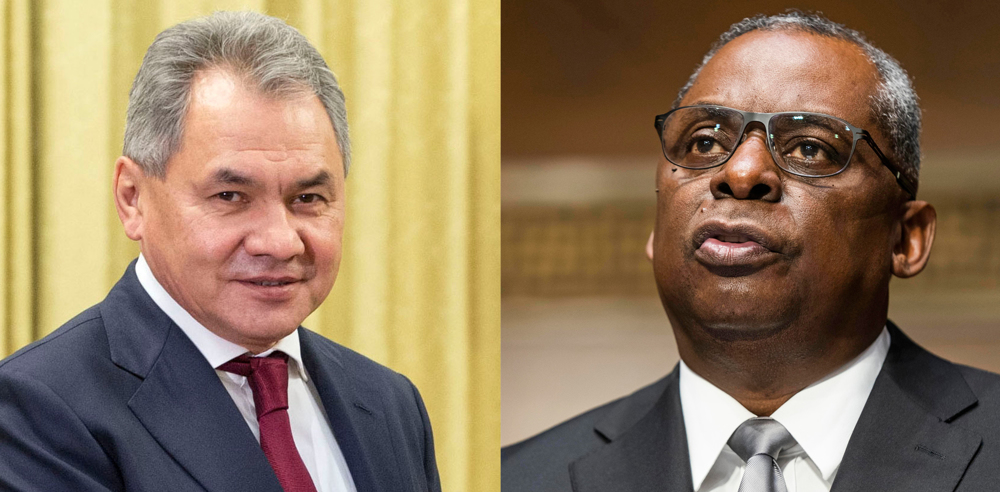
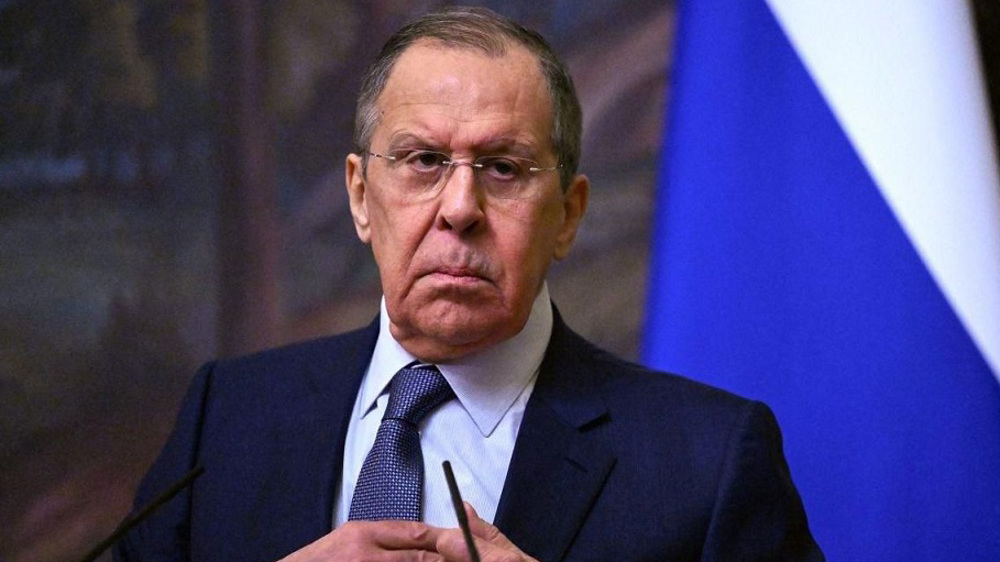
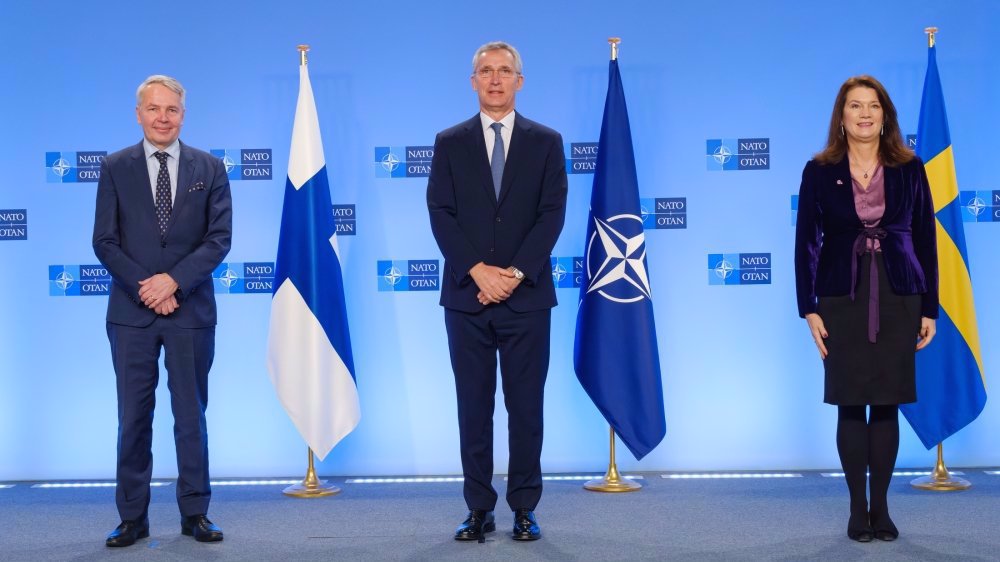
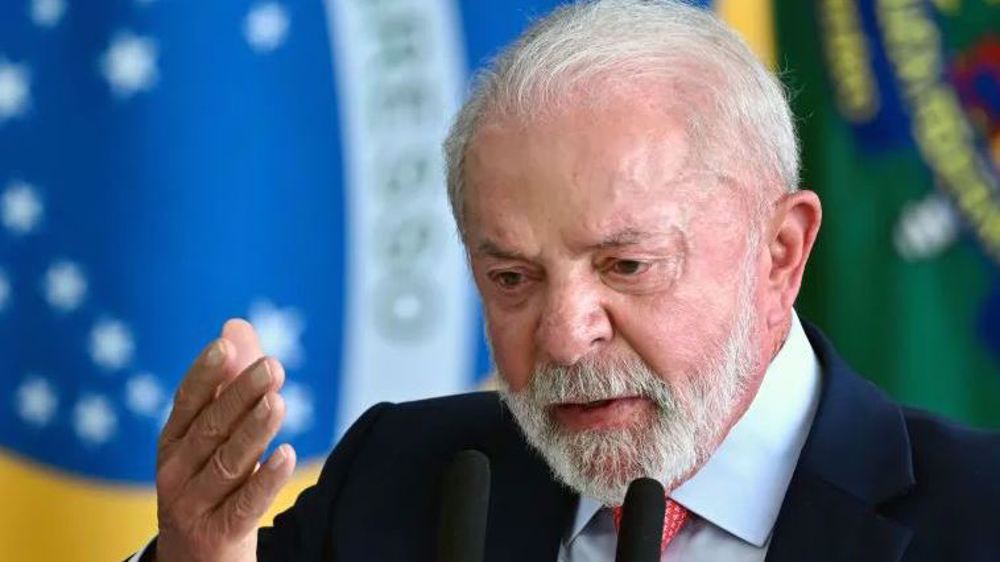

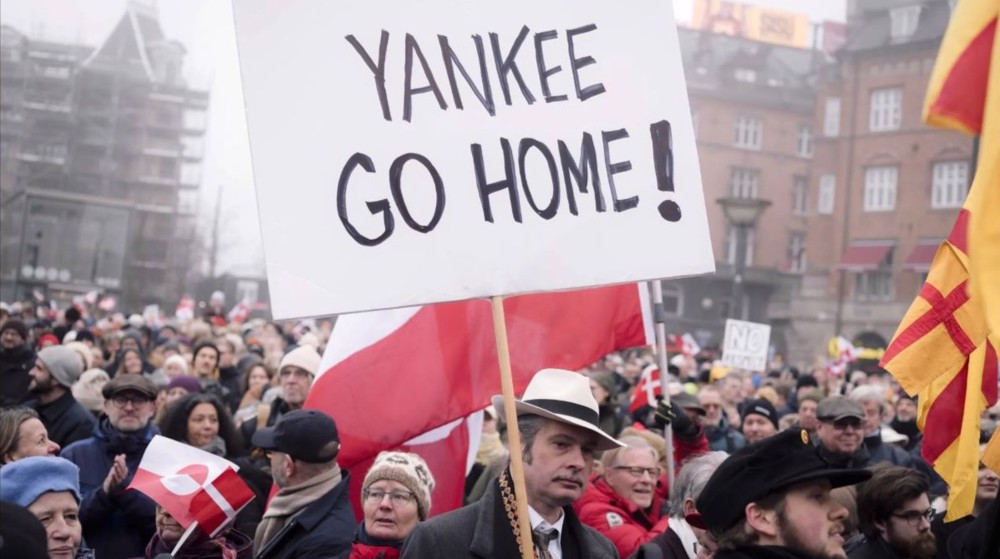




 This makes it easy to access the Press TV website
This makes it easy to access the Press TV website